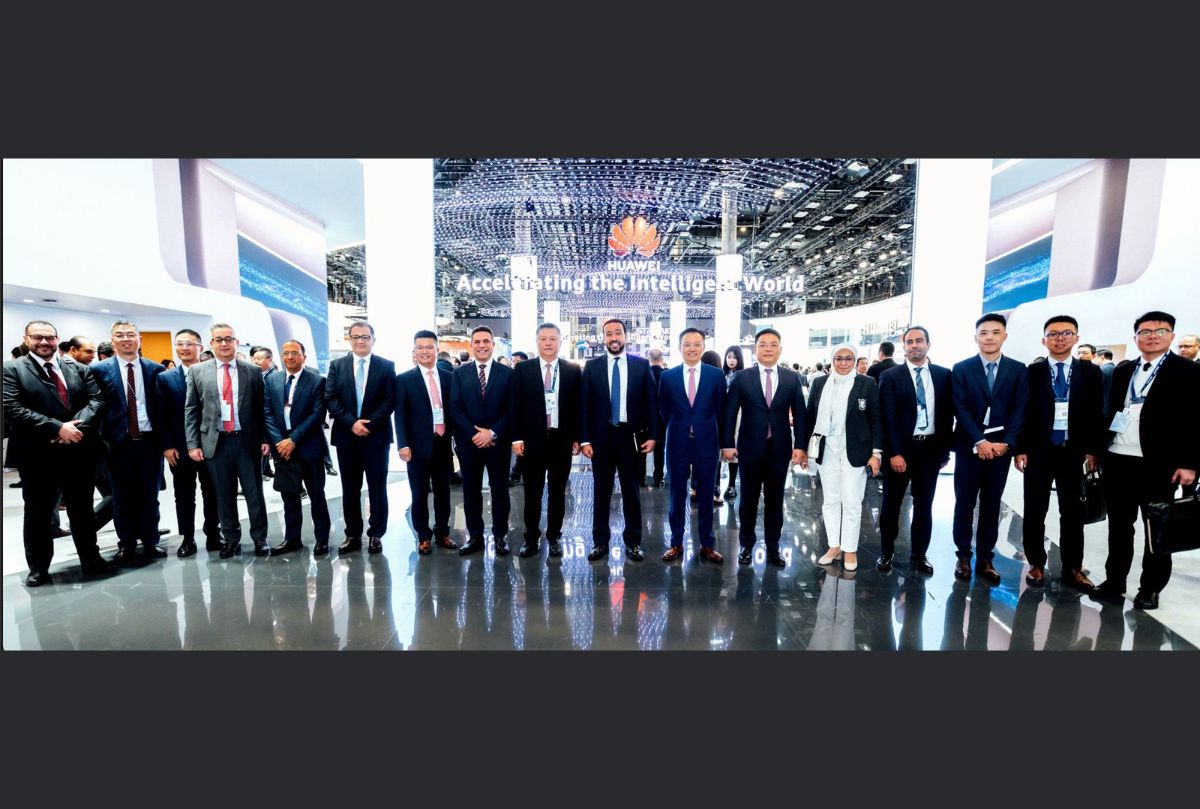
Orange secured a 15‑year 5G licence in October 2024, and financing of about US $80 million preceded the launch to fund infrastructure development. Regulatory oversight by Egypt’s National Telecom Regulatory Authority ensures the network adheres to strict international standards.
Shanghai‑based Huawei supplied Massive MIMO systems to enhance spectral efficiency and boost network capacity via beam‑forming and spatial multiplexing. The addition of its ‘0 Bit 0 Watt’ platform uses AI to regulate power usage in real time, reducing operational costs and carbon emissions. Huawei’s E‑band microwave will serve as flexible backhaul for both dense urban zones and remote areas.
Dr Ayman Amiri, CTO of Orange Egypt, noted these technologies provide the backbone for Egypt’s smart‑city plans, IoT expansion and next‑gen digital services. His statement underscores a strategic pivot from simply offering faster mobile speeds to enabling comprehensive national digital transformation.
Huawei’s Mohamed Youssef, Key Account Executive, emphasised the partnership’s mission to deliver faster, more reliable and greener connectivity, reinforcing Huawei’s regional leadership in telecom infrastructure.
The 5G launch allows enhanced support for immersive and critical applications such as 4K/8K video streaming, remote‑controlled robotics, real‑time AR/VR experiences, and industrial automation, underpinned by ultra‑low latency and high device density.
Egypt’s telecom scene saw all major operators—Telecom Egypt, Vodafone Egypt, Etisalat and Orange—securing licences in October 2024, with plans to launch by the first half of 2025. Preceding the roll‑out, extensive infrastructure deals were struck—Telecom Egypt partnered with Vodafone in late‑2024, and licensing was supported by significant public investment in fibre networks since 2018.
Telecom Egypt, meanwhile, has collaborated with Huawei on 5G core infrastructure, including deployment of BladeAAU and Digital Indoor Systems, achieving download speeds exceeding 300 Mbps during trials. Mobile‑network competition is intensifying, but Orange’s alliance with Huawei positions it to rapidly scale and support enterprise as well as consumer demand across emerging tech sectors.
Challenges accompany this push. Government scrutiny over Chinese‑made 5G infrastructure has intensified globally, and similar concerns have emerged in Egypt around supply‑chain resilience, cybersecurity, and geopolitical dependencies. Operators are expected to demonstrate rigorous risk mitigation via compliance with local rules, encryption standards, and transparent auditing.
Egypt’s 5G introduction aligns with its broader National Digital Transformation strategy, spearheaded by the ICT Ministry, aimed at solidifying the country’s role in Africa’s digital economy. Officials highlight the potential of 5G to stimulate investment, innovation hubs, and smart‑city development, supported by public‑private cooperation.
Orange’s approach reflects a global shift: 5G is increasingly viewed not just as a faster mobile network, but as essential infrastructure for broader digital ecosystems. By integrating energy‑efficient operation and advanced backhaul, Orange is aligning connectivity with sustainability goals and expanding service reach beyond urban centres.
Rolling out across Cairo, Alexandria and other governorates, Orange’s 5G network will be gradually extended nationwide. The partnership with Huawei signals profound industry momentum – from licensing and financing to execution and quality control – culminating in a foundation where next‑generation applications can flourish.
Topics
MENA
